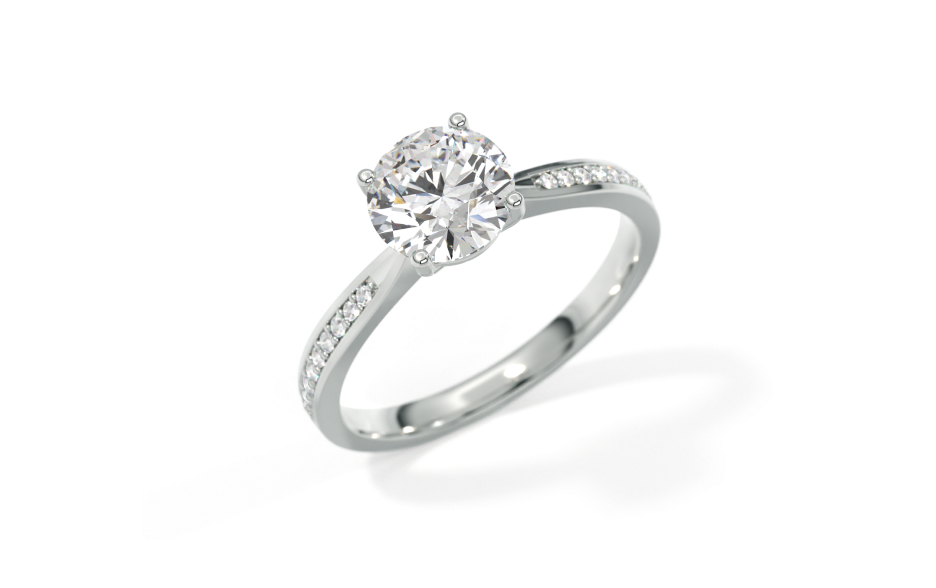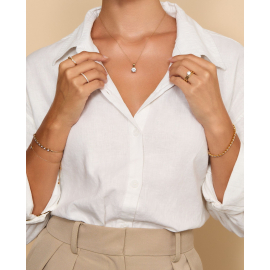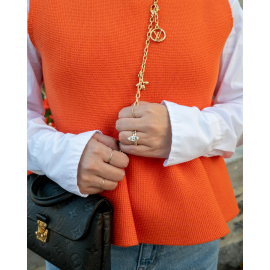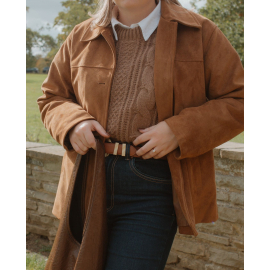Platinum Guide
For a hardwearing but good looking piece of jewellery, many people opt for platinum over gold. It is a white metal and unlike gold does not need to be mixed with a large amount of another substance, in most cases it is available in an almost pure form – 95%. This also makes it a jewellery material perfect for those with allergies, because its pure form makes it a hypoallergenic metal.

Platinum vs Gold
- Platinum’s best attribute is its strength, making it the perfect choice for durable metal rings or hardy necklaces and bracelets
- This metal is the perfect choice for anyone looking for an alternative to white gold, as it does not look any different but is less prone to scratching and damage than the softer metal
- Platinum will also retain its brilliance and colour over time, due to its near pure form. White gold is usually plated with rhodium, which can wear off with regular use and requires re-plating.
Does platinum scratch?
Like all metals, platinum can be scratched or damaged but there is no measurable metal loss when this occurs because it is made with a large amount of the original metal itself, which is durable on its own. Platinum therefore is a preferable option for more active jewellery wearers. However, it is recommended that jewellery is still removed when working with harsh chemicals – even regular household cleaners – or when completing rough work, such as gardening or DIY in the home. It’s also a good idea to wear platinum jewellery separately from other metal jewellery material to minimise the risk of it being scratched.


How to clean platinum jewellery
Platinum jewellery is durable but still requires care, therefore it’s important it is cleaned regularly. Here are some simple steps to take to get your platinum jewellery looking like new again:
- Remove the jewellery and leave it to soak in lukewarm water for around 30 minutes.
- Once soaked, remove it from the water and take a soft toothbrush then use this to gently scrub the metal and any precious stone settings or prongs to remove any dirt build up.
- Leave your jewellery to air dry then take a clean, lint free cloth and wipe it over to give it back its shine.
If your platinum jewellery is particularly tarnished or dirty then it’s a good idea to take it to a reputable jeweller who will usually have the means to professionally clean it.
Need Help?
If you’d like further guidance, whether you are still deliberating whether to choose platinum or gold or if you simply aren’t sure what jewellery would be best, then don’t hesitate to get in touch with one of our friendly team members today. Simply call on 020 7138 3672 or click on the Live Chat service button.












